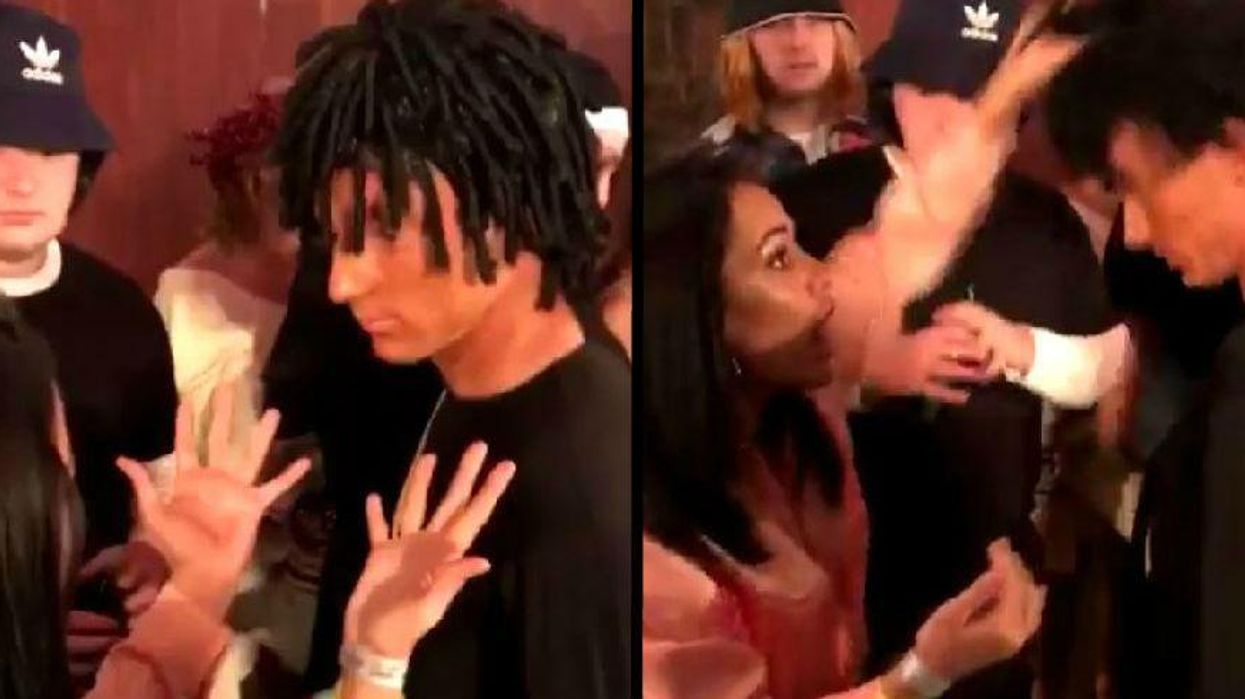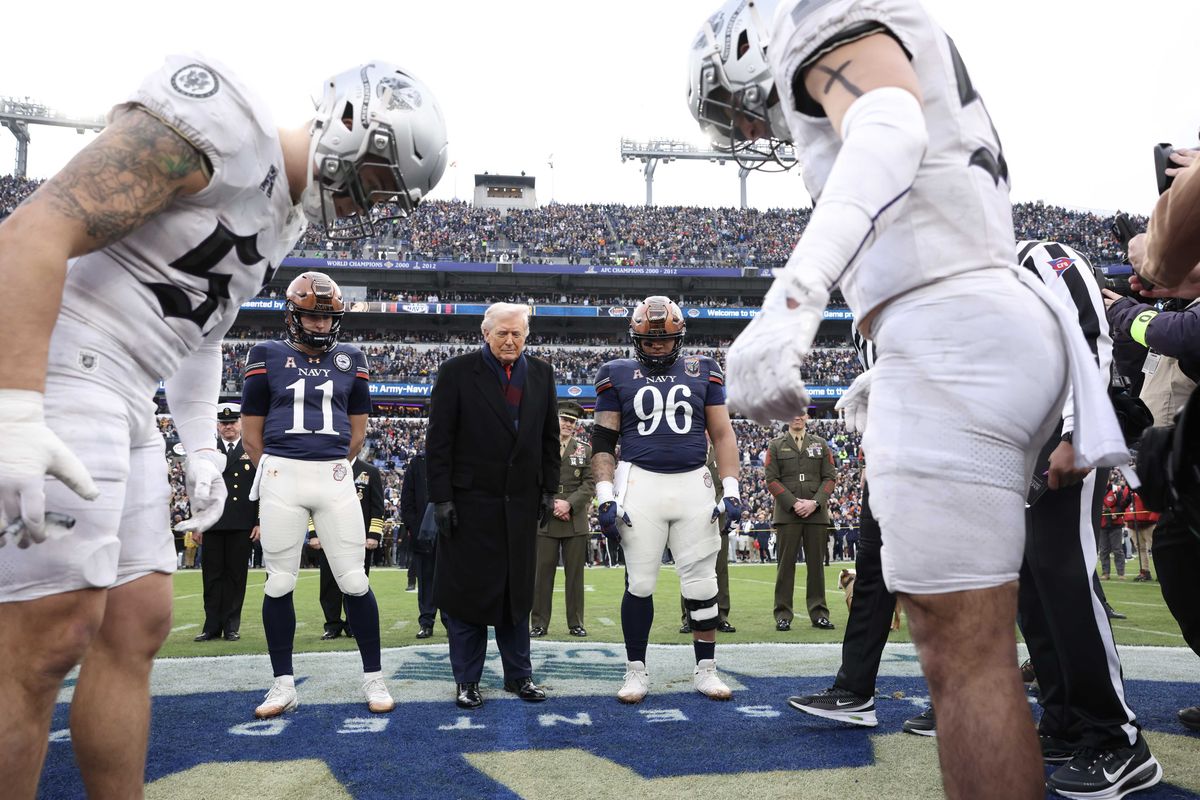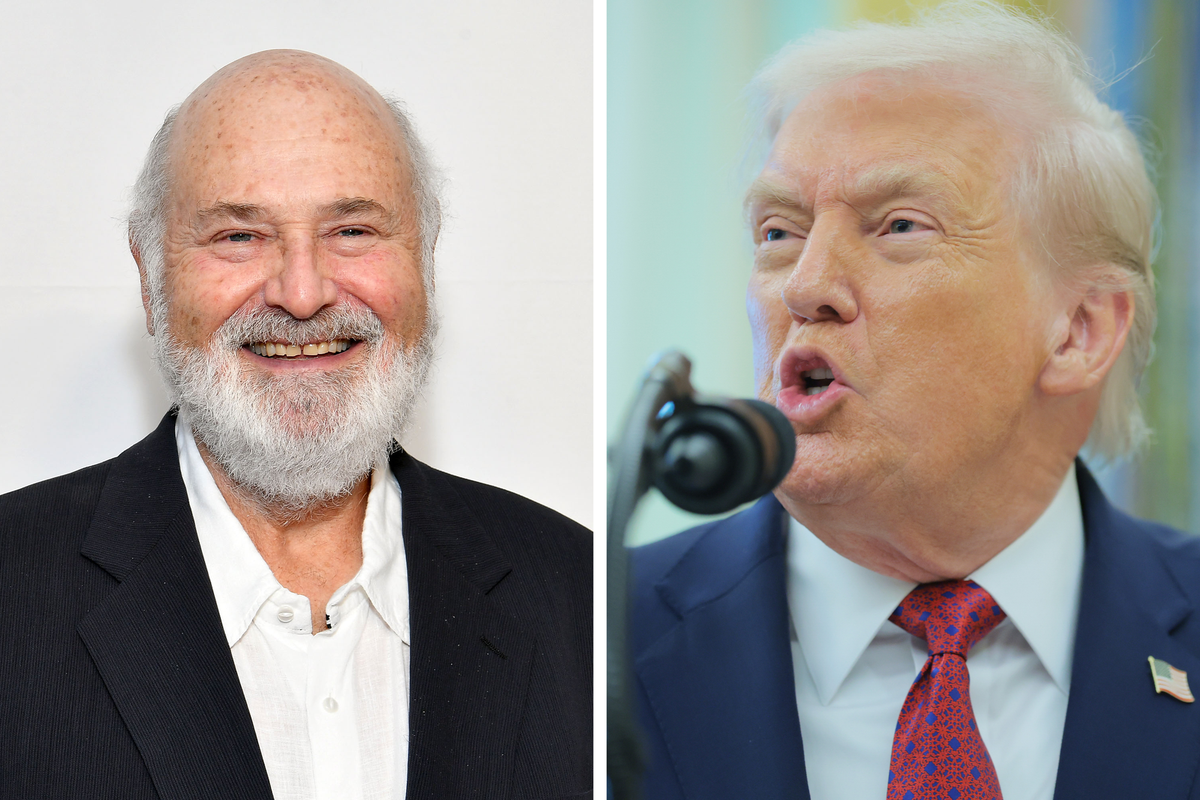News
Narjas Zatat
Apr 24, 2018

Picture:
Twitter screengrab/Tom_mph
A video of a man seemingly wearing blackface is being shared online and reignited discussions about racism.
The clip shows a woman walk up to a young Caucasian man wearing a dreadlocks wig and with dark coloured foundation on his face.
The woman, identified only as ‘Demi’, told him:
Do you not understand? You can’t wear this.
Then, she took the wig off him.
The video was uploaded by her friend Tom, from Portsmouth, and the video has since racked up thousands of likes and shares.
People are pointing out the offensive nature of wearing blackface – given the cultural and historical heritage.
Blackface is the act of a non-black person ‘dressing up’ as black for amusement. Its offence lies in the historical context within which it can be placed: it can be found in various colonialist relationships across the world – in America during the height of slavery, in Britain – where fair-skinned people painted their faces black as a form of entertainment, by exaggerating the aesthetics of black people.
In America, blackface originated in minstrel shows in the nineteenth century. White actors would paint their faces black using grease paint in their depictions of plantation slaves and free black people.
But these depictions often exaggerated offensive stereotypes at the time – that black people were lazy, that they were unintelligent and inferior in some way.
Within a slave, and then post-slave context, these caricatures reinforced harmful stereotypes.
It exists within a structure of power, and even today black people are disadvantaged in a variety of economic and cultural ways in parts of the western world. Wearing blackface is offensive because of this hierarchy of power.
More: Trump supporter punched in the face after hurling racist abuse at Korean woman
More: Black comedian demands free Starbucks, calls it 'black privilege'
Top 100
The Conversation (0)













